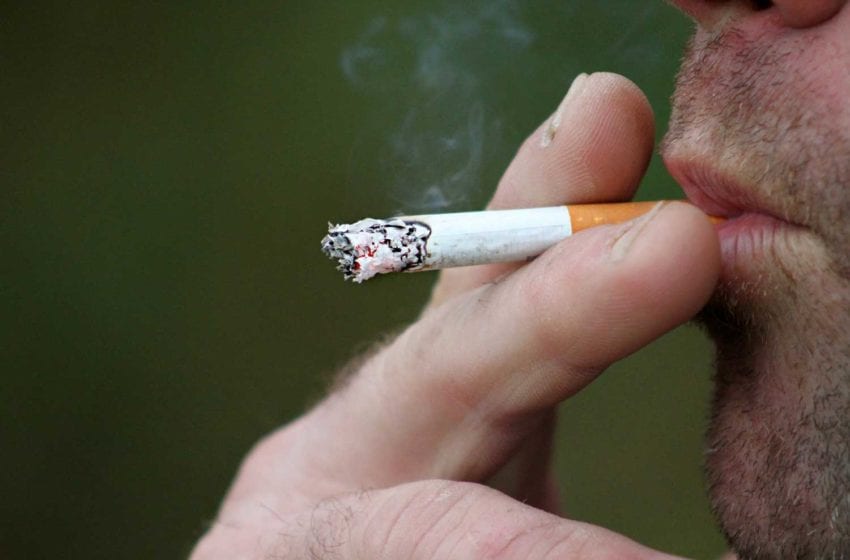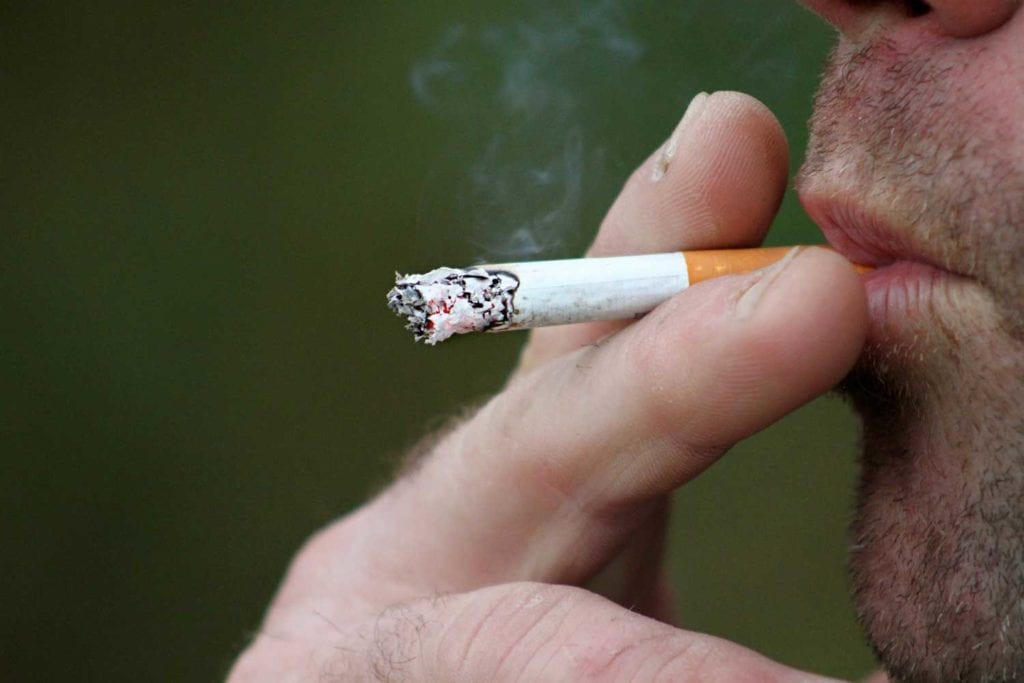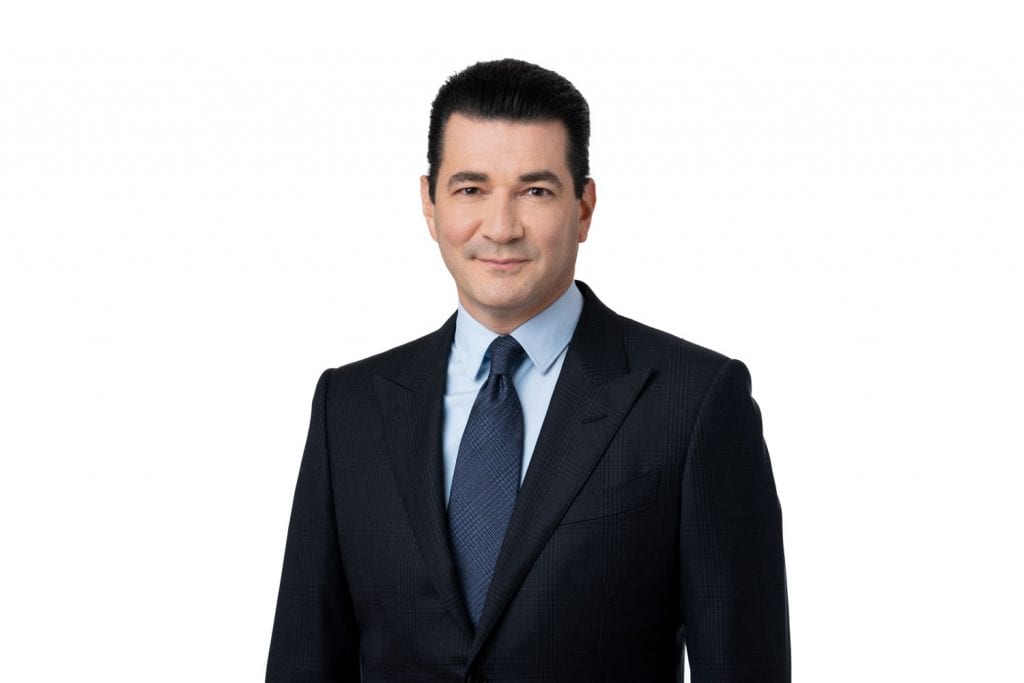
The National Newspaper Publishers Association (NNPA), representing more than 200 African American-owned community newspapers from around the United States, and leading Black and Hispanic law enforcement executives are urging the Food and Drug Administration to keep menthol cigarettes legal. The FDA must respond by April 29 to a citizen’s petition demanding menthol cigarettes be banned nationwide.
“It is clear that there is no factual basis to assert that a menthol cigarette ban will stop people of color from smoking,” says Benjamin Chavis, president and CEO of the NNPA. “In fact, the unintended consequences of such a racially discriminatory ban will set the stage for more negative and more likely counterproductive interactions between law enforcement and people of color.”
According to the NNPA and its fellow petitioners, daily interactions between police and people of color demonstrate that a menthol ban would give police pretext to approach a smoker to find out where cigarettes were purchased in order to get to the seller of the counterfeit tobacco.
“In recent times, the world has seen far too many cases of these encounters lead to verbal and physical altercations and often fatal results,” the NNPA wrote in a press release.
Such a racially discriminatory ban will set the stage for more negative and more likely counterproductive interactions between law enforcement and people of color.
Benjamin Chavis, president and CEO, NNPA
According to the U.S. Surgeon General report on smoking cessation, “the evidence is suggestive but not sufficient to infer that restricting the sale of certain types of tobacco products, such as menthol or other flavored products, increases smoking cessation, especially among certain populations.”
The organizations are requesting that the FDA exhaust all other options before completely removing menthol cigarettes from legal, regulatory channels.
The citizens’ petition demanding a menthol ban was filed by the African American Tobacco Control Leadership Council and Action on Smoking and Health, which contend that tobacco companies have specifically targeted Black Americans with menthol cigarettes.













